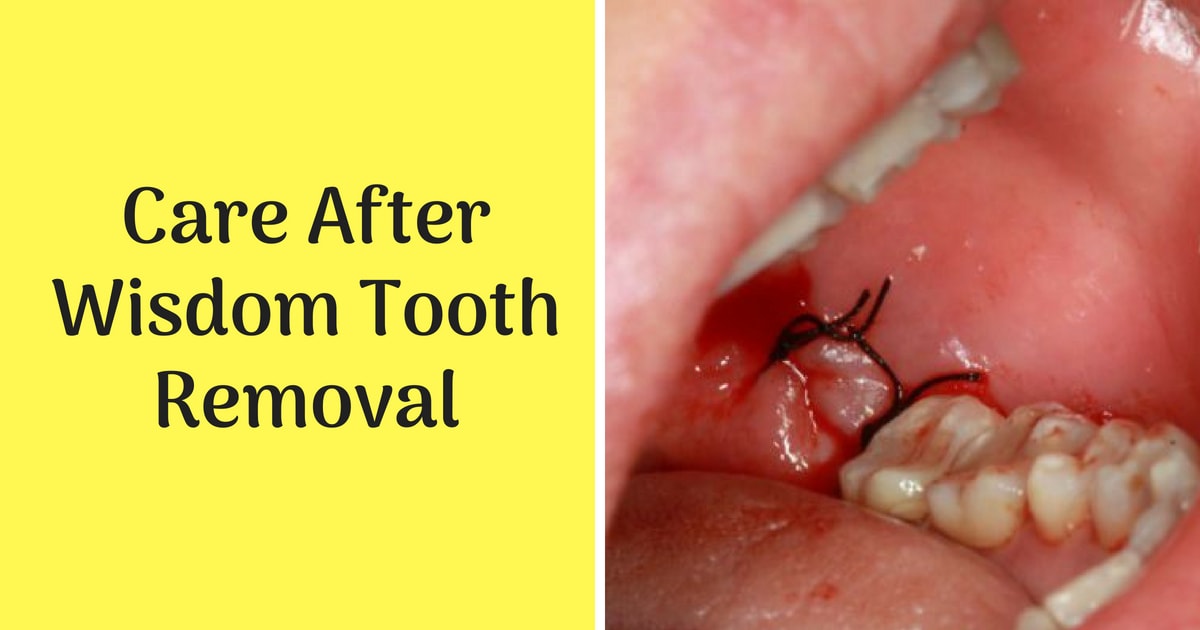The Benefits of Removing Wisdom Teeth
Wisdom teeth, also known as third molars, are the last set of teeth to develop in the human mouth. They typically emerge between the ages of 17 and 25. While some individuals may have enough space in their jaw to accommodate these additional teeth, many people face complications when their wisdom teeth start to erupt.
Why Remove Wisdom Teeth?
There are several reasons why dentists recommend removing wisdom teeth:
Crowding and Misalignment
One of the most common reasons for wisdom tooth removal is the lack of space in the mouth. When wisdom teeth try to erupt, they often push against the existing teeth, causing crowding and misalignment. This can lead to crooked teeth, bite problems, and the need for orthodontic treatment.
Impacted Wisdom Teeth
Impacted wisdom teeth occur when there is not enough space for them to fully emerge or when they grow in at an angle. This can cause pain, swelling, and infection. Removing impacted wisdom teeth can prevent further complications and alleviate discomfort.
Tooth Decay and Gum Disease
Wisdom teeth are located at the back of the mouth, making them difficult to clean properly. As a result, they are more prone to tooth decay and gum disease. Removing wisdom teeth can help maintain good oral hygiene and reduce the risk of developing oral health issues.
Cysts and Tumors
In some cases, wisdom teeth can develop cysts or tumors. These growths can damage the surrounding teeth, jawbone, and nerves. Removing the wisdom teeth can prevent the formation of cysts and tumors, reducing the need for more invasive procedures in the future.
The Wisdom Tooth Removal Process
Wisdom tooth extraction is a common dental procedure that is typically performed by an oral surgeon or a dentist with experience in oral surgery. The process generally involves the following steps:
Initial Consultation
During the initial consultation, the dentist will examine your mouth and take X-rays to evaluate the position of your wisdom teeth. They will discuss the procedure, potential risks, and expected recovery time with you.
Anesthesia
Before the extraction, the dentist will administer local anesthesia to numb the area around the wisdom tooth. In some cases, general anesthesia may be used to ensure the patient’s comfort during the procedure.
Extraction
The dentist will carefully remove the wisdom tooth. If the tooth is impacted or partially erupted, a small incision may be made in the gum to access the tooth. In some cases, the tooth may need to be sectioned into smaller pieces to facilitate its removal.
Closure
After the tooth is extracted, the dentist will clean the area and stitch the gum back together if necessary. They may also place gauze over the extraction site to control bleeding and promote blood clot formation.
Recovery
Following the procedure, it is normal to experience some swelling, pain, and mild bleeding. The dentist will provide post-operative instructions, including pain management techniques and dietary restrictions. It is important to follow these instructions to ensure proper healing.

Removing wisdom teeth can offer numerous benefits, including preventing crowding, alleviating pain, reducing the risk of oral health issues, and preventing the development of cysts or tumors. If you are experiencing any discomfort or have concerns about your wisdom teeth, it is advisable to consult with a dental professional who can provide personalized advice and determine the best course of action.
Frequently Asked Questions
1. Why should I consider removing my wisdom teeth?
Removing wisdom teeth can prevent potential oral health problems such as overcrowding, impaction, infection, and damage to adjacent teeth.
2. Are there any benefits to removing wisdom teeth even if they are not causing any problems?
Yes, removing wisdom teeth proactively can prevent future complications and save you from potential pain, discomfort, and costly treatments down the line.
3. Can keeping my wisdom teeth cause misalignment of my other teeth?
Yes, wisdom teeth can exert pressure on adjacent teeth, leading to crowding, shifting, and misalignment of your existing teeth.
4. Are there any benefits to removing impacted wisdom teeth?
Removing impacted wisdom teeth can prevent infections, cysts, and potential damage to nearby bones and nerves.
5. Will removing my wisdom teeth affect my facial appearance?
No, removing wisdom teeth does not impact your facial appearance as they are located at the back of your mouth and not directly related to facial structure.
6. Does removing wisdom teeth require hospitalization?
No, wisdom teeth removal is typically an outpatient procedure performed by a dentist or oral surgeon in a dental clinic.
7. Is wisdom teeth removal a painful procedure?
During the procedure, you will be under anesthesia, so you won’t feel any pain. However, there might be some discomfort and swelling during the recovery period.
8. How long does it take to recover from wisdom teeth removal?
The recovery time varies from person to person, but it usually takes about a week to fully recover from wisdom teeth removal.
9. Can I resume normal activities after wisdom teeth removal?
It is recommended to take it easy for a couple of days after the procedure and avoid strenuous activities. However, you can gradually resume normal activities as you feel comfortable during the recovery period.
10. Are there any long-term benefits to removing wisdom teeth?
Yes, removing wisdom teeth can provide long-term benefits by preventing potential oral health issues, reducing the risk of infections, and maintaining proper dental alignment.




